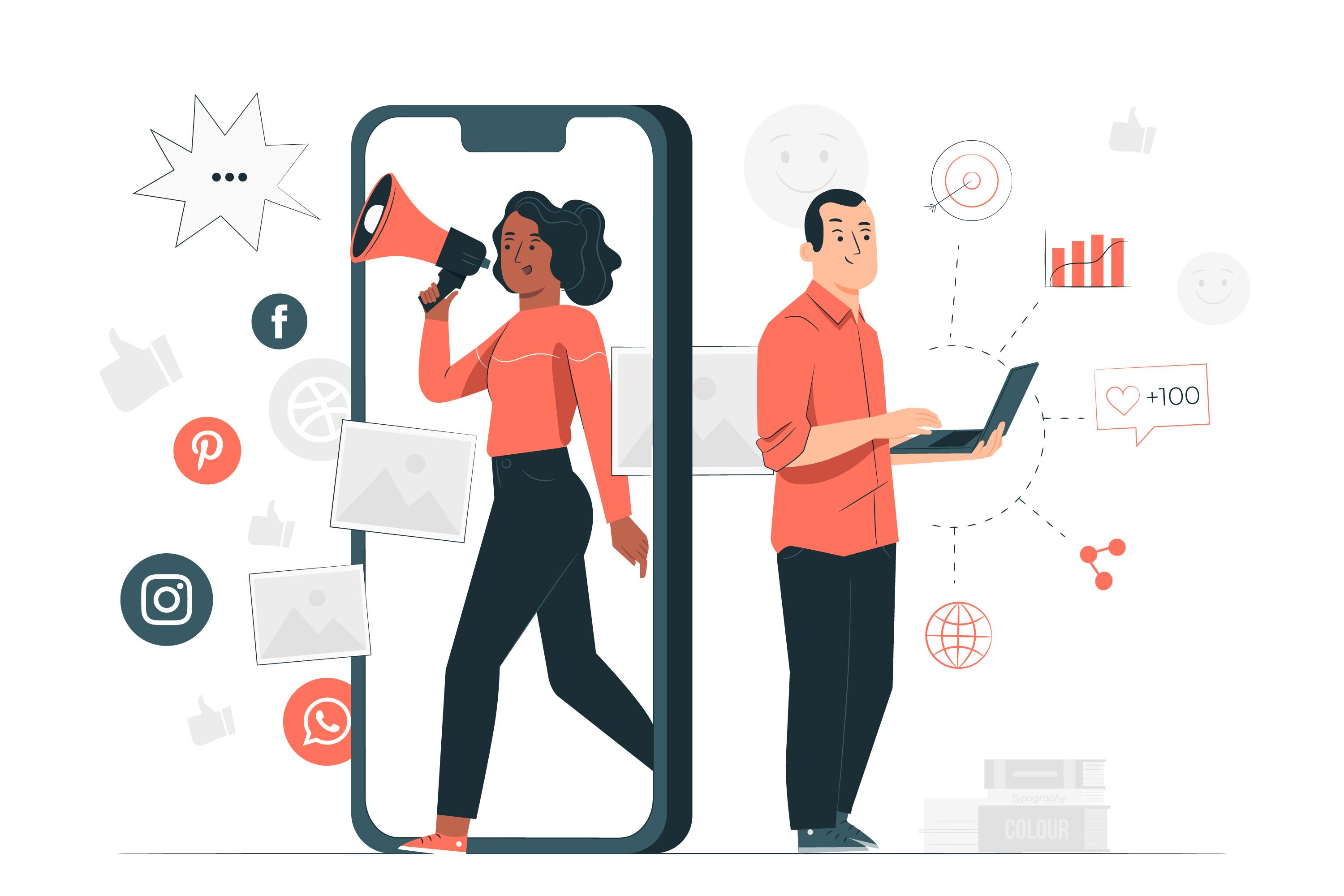
Google Ads vs Facebook Ads: Which Is Better for Your Business?
What Is Google Ads?
Google Ads, previously Google AdWords, is a pay-per-click (PPC) advertising service in which companies bid on search terms to show their advertisement on Google's search engine results pages (SERPs), YouTube, and other sites in the Google Display Network. Google Ads is intent-based, where you can target users who are looking for products or services like those you provide.
This renders Google Ads extremely effective at capturing bottom-of-funnel leads. For instance, when someone queries "best laptop for 50,000," they're already near the point of making a purchase decision — and a Google Search Ad at that instant has a good likelihood of conversion.
What Are Facebook Ads?
Facebook Ads, which is powered by Meta Ads Manager, enables firms to advertise their goods or services on Facebook, Instagram, Messenger, and the Audience Network. In contrast to Google Ads, Facebook Ads are interest-based, leaning towards the behavior, demographics, interests, and online activity of the audience as opposed to explicit keyword search.
Facebook Ads are great to create awareness, boost engagement, and retarget users based on their past interactions. The visual aspect of Facebook and Instagram also makes them ideal for image, video, carousel, and interactive storytelling.
Audience Targeting: Intent vs Interest
One of the biggest differences between Google Ads and Facebook Ads is the way they target audiences.
With Google Ads, the targeting is based on search intent. If someone is searching for “emergency plumbing services,” your ad can appear right when the user needs help. This means you’re reaching users who already have a problem and are actively looking for a solution. It’s a direct path to lead generation and sales.
Facebook Ads, however, let you target users based on complex audience profiles — age, gender, job title, interests, online actions, hobbies, and so on. It's ideal for generating demand, establishing brand awareness, and cultivating potential customers over time. Users on Facebook might not currently be seeking to make a purchase, but creative and targeted ads can get their attention and push them down the sales funnel.
Cost Comparison: Which Is More Cost-Effective?
Cost is a significant consideration for any company with paid ad campaigns. Google Ads can be more costly, particularly in extremely competitive sectors like finance, insurance, and law. Because companies are bidding on high-intent keywords, the cost-per-click (CPC) is much higher.
Facebook Ads typically have a lower CPC, particularly for campaigns for brand awareness and engagement. With a smaller budget, you can typically cover more people. The drawback, though, is that because the intent isn't necessarily instant, you may require more touchpoints to drive a Facebook user to become a paying customer.
Of course, that's really a matter of your conversion rate. A higher-paid Google Ad click could make for a quicker sale, whereas a lower-cost Facebook click could need more cultivation.
Ad Formats: Text vs Visual Appeal
Google Ads primarily display text-based ads on search results and image or video-based ads on the Display Network or YouTube. The purpose of these ads is to be straightforward, informative, and optimized for users who are already looking for something.
Facebook Ads are lightyears ahead of their competitors when it comes to visual creativity. You can place image ads, video ads, carousels, slideshows, collection ads, and so much more — making them great for product promotions, brand storytelling, or introducing interactive campaigns. Visual content will always seem to work well on social media platforms, particularly for e-commerce businesses.
Campaign Goals: Which Platform Works Best?
If your goal is to capture leads from people actively searching for your product or service, Google Ads is typically the better option. It offers measurable intent, high conversion potential, and quick results for search-related campaigns.
If your goal is to build brand awareness, promote a new product, or drive traffic from a cold audience, Facebook Ads offer more flexibility and better targeting options. They're especially powerful when combined with retargeting strategies — like showing ads to users who previously visited your website.
Most effective digital marketing campaigns use both platforms: Google Ads to acquire high-intent leads and Facebook Ads to create awareness, cultivate interest, and retarget repeat visitors.
Which Is Better: Google Ads or Facebook Ads?
Finally, the better platform is up to your company model, objectives, niche, and user behavior.
Use Google Ads if you:
- Acquire high-intent search traffic
- Get instant conversions
- Show on Google Search, Display Network, or YouTube
Select Facebook Ads if you wish to:
- Establish brand awareness
- Target specific audiences through interests and behavior
- Use visual storytelling to engage
Conclusion
In practice, Google Ads and Facebook Ads aren't rivals — they're complements. The best digital marketing approaches tend to use both platforms in tandem. For instance, execute a Google Search ad to reach users who are searching for your service, then retarget those site visitors with custom messaging and imagery using Facebook Ads.
Combining both platforms as part of your digital marketing approach increases exposure, sparks engagement, and boosts overall ROI.
Contact us for expert Google Ads and Facebook Ads services to achieve better marketing results and business goals.
 2nd Stage, Rajajinagar, Bengaluru, Karnataka-560010 |
2nd Stage, Rajajinagar, Bengaluru, Karnataka-560010 |  info@socialbraynz.com
info@socialbraynz.com Call Us : +91 9513777996
Call Us : +91 9513777996.jpg)

